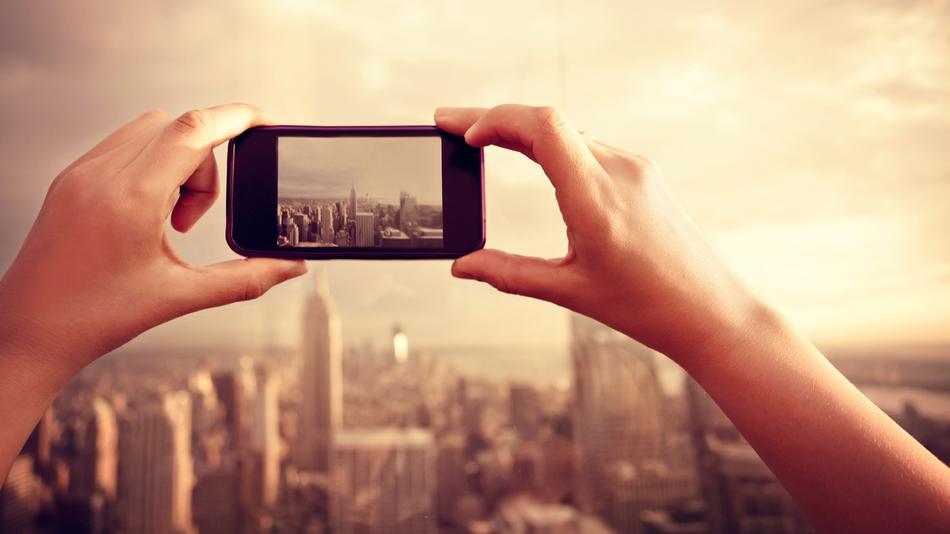In our static age where people are obsessed with documenting every moment of their lives on film, it is curious that digital camera sales have plummeted by 30% in the past year. This is all due to the ubiquitous presence of smartphones with their camera capabilities. It’s like a knee-jerk reaction; you want to take a photo as a souvenir of the moment so you reach into your pocket and pull out your phone, open Instagram, snap the shot, run it through a cool filter, then share it with the world. If you were using a large camera like a DSLR, taking photos and sharing would be a bit more convoluted. Hence, camera companies are losing out to smartphones, which rule the streets as personal paparazzi.

Image via Instagram
Since 2000, the evolution of a phone’s camera has been an interesting journey. We started with cameras on flip phones, to capturing terribly blurry pixelated images on the Blackberry, to taking washed out flash iPhone photos with too much exposure. Most smartphones now have megapixel autofocus lenses with Retina display. The backlight-illuminated sensors on 2010's iPhones helped to produce better pictures with decent point-and-shoot quality. It appears that people aren’t so concerned about image quality anymore. On average, people’s main camera concern is if they can upload it rapidly to any social network of their choosing. I suppose in theory, that taking photos with smartphones is easier for uploading purposes. But when cameras like the Nikon D5300 even come with Wi-Fi capabilities to compete in the market, why has there been such a discrepancy in sales?
iPhone aficionados, like Grace Noto, believe that there is not a need for a regular camera when you have your smartphone at hand. She states, “Using the iPhone camera is just simpler, because I carry it around with me all day. Traditional cameras are bulkier and harder to get ready if you decide to take a spontaneous picture.”
This rationale scares camera companies, so they are attempting to adapt to the market’s climate this holiday season. The stocks of camera giants Canon and Nikon have halved since the launch of the iPhone in 2007. Since Black Friday, they’ve marked down their cameras tremendously to compete with smartphone and tablet sales. But these markdowns have yet to have made a significant impact on raising sales thus far.

Images like this one from Instagram, blur the lines between amateur and professional shots.
Moreover, smartphone photography is making it increasingly difficult to classify photographers as amateurs or professionals. Even the phrase, “pics or it didn’t happen,” isn’t relevant anymore. With Photoshop, you can nearly manipulate and distort any image to look like anything, even lessening the value and quality of the traditional camera.
Will Nikon camera’s tombstone read 1950-2013?? Only time will tell if camera companies will regain the throne from smartphones.
Advertisement
Learn more about Electronic Products Magazine





